The Disused Mine and Quarry Tips (Wales) Bill (‘the Bill’) was prompted by a series of coal tip landslides that occurred in Wales following storms’ Ciara and Dennis in 2020, including a major landslide of a disused coal tip in Tylorstown. The Bill seeks to update the Mines and Quarries (Tips) Act 1969, to more effectively manage the 2,573 coal tips and over 20,000 non-coal tips within Wales so they do not threaten human welfare, by reason of their instability. To drive this management framework, the Bill proposes to create a new public body – the Disused Tips Authority for Wales (‘the Authority’), which would assess, register, monitor and manage disused tips.
To prevent disused tips from threatening human welfare through instability. The aim is for the Bill to be preventative and proactive rather than reactive. The first section of the Integrated Impact Assessment discusses the need to anticipate impacts of climate change on tip stability, such as the trend of increasing rainfall and storms. It seeks to do this by:
The current categories of R,A,B,C, and D would be replaced by a simpler two-step assessment process. The first step would be a desk-based risk assessment, the results of which may recommend a subsequent full assessment.
Key changes introduced by the Bill include:
Context 1
The Integrated Impact Assessment claims the Bill does not deal with coal tip remediation, and does not increase the likelihood of movement and potential combustion of coal that can accompany coal tip remediation. The Assessment goes further to state that the Bill’s preventative action will reduce the need for coal tip remediation and works required after coal tip slips. Coal Action Network believes these claims to be sincere but inaccurate.
Coal tip remediation involving coal removal and earthworks is presented as a solution to permanently prevent future coal tip instability. It does not substantively differ from other actions such as irrigation to prevent instability.
The UK Government’s proposed coal licencing ban wouldn’t currently prevent ‘re-mining’ coal tips. Additionally the patchwork of laws and policies in Wales is failing to prevent mining companies extracting coal or bringing new applications for coal mining and extensions in the past few years, with Local Planning Authorities shouldering the burden. This Bill may inadvertently increase pressure on resource-strapped Local Planning Authorities by fuelling a new wave of coal extraction applications, such as the current proposal by ERI Ltd to ‘re-mine’ two coal tips in Bedwas in a practice that dates back to at least 1984.
ERI Ltd is a private company offering to permanently remove tip stability risks at no charge to the landowner (Caerphilly Council) in return for selling the extracted ‘waste coal’, which we believe would be an attractive prospect to other landowners facing coal tip liabilities under the new Bill too.
Our recommendation 1
To prevent the unintended potential for the Bill to encourage an industry oriented towards ‘re-mining’ disused coal tips under the guise of preventing future instability, we recommend that the Bill includes a provision prohibiting coal extraction for commercial gain from disused coal tips.
Context 2
In our context to recommendation 1, we outline how – in practice – the Bill may fuel an industry oriented towards ‘re-mining’ coal tips. As a result, the decision to exclude a full Climate Change Impact Assessment and Carbon Impact Assessment from the Bill’s Integrated Impact Assessment should be reversed.
Our recommendation 2
The Bill should be accompanied by a full Climate Change Impact Assessment and Carbon Impact Assessment, given the potential of the Bill in its current form to encourage applications for coal tip ‘re-mining’.
Context 3
Over 85% of disused coal tips (and 90% of coal tips with higher stability risks) in Wales are located in the South Wales valleys, and – according to the Welsh Indices of Multiple Deprivation – are based in communities classed as amongst the 10% most deprived in Wales. As the Government’s Integrated Impact Assessment outlines, preventing coal tip slips would benefit lives, land, and housing in these areas.
Our recommendation 3
To realise this benefit, it is vital that the design and execution of stability works on coal tips prioritise minimising potential impacts on the wellbeing of these socio-economically disadvantaged communities – for example in operating hours, HGV movements, flora clearance, restriction of public access to green spaces etc.
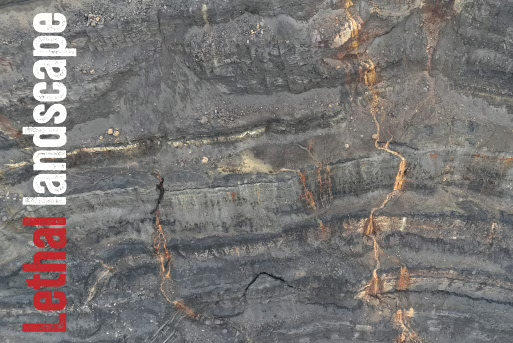
16 years of opencast coal mining in Ffos-y-fran has generated colossal overburden mounds, also known as slag heaps or coal tips. There are three coal tips, with the third being the largest, and cumulatively accounting for 37 million cubic metres of colliery spoil, rocks, and soil…
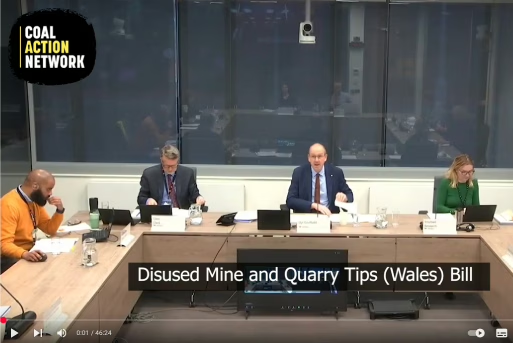
We were invited for the second time to give oral evidence to the Climate Change, Environment, and Infrastructure Committee of the Welsh Parliament (Senedd) on 05th February 2025. We shared the panel with Haf, Director of FOE Cymru, to provide our opinion on the weaknesses, strengths…
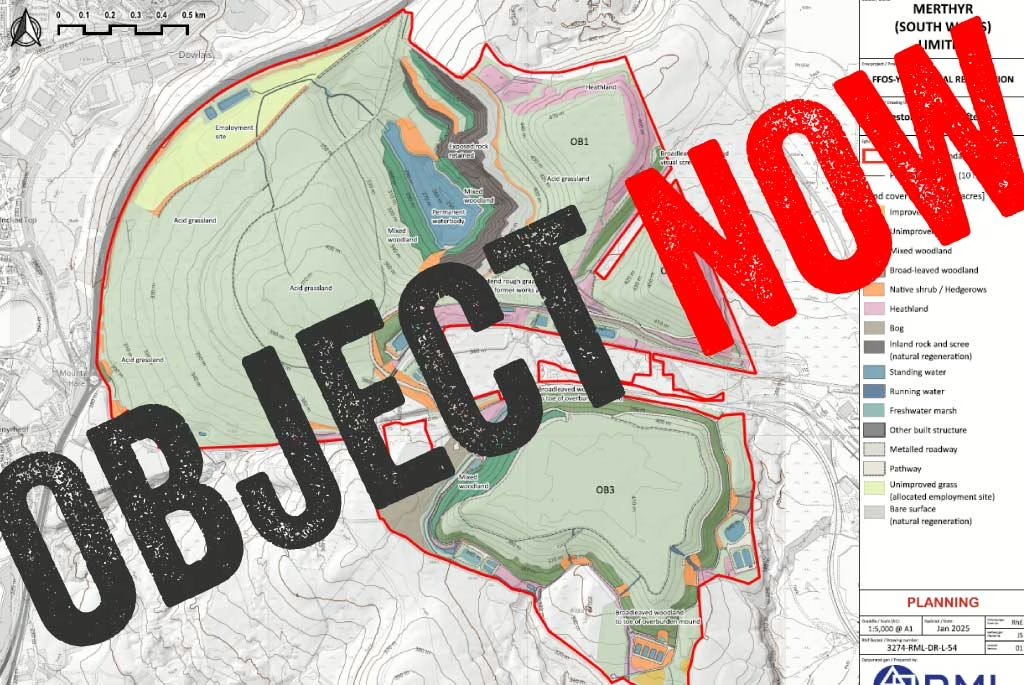
Merthyr (South Wales) Ltd mined for over a year illegally after planning permission for the Ffos-y-fran opencast coal mine ended in September 2022. During that year, it made record-breaking profits due to sanctions on Russia and other factors driving up the price of coal. But rather than using some of the profits from that ill-gotten coal…

MSW claims “It was established that there are insufficient funds available to achieve the 2015 restoration strategy and therefore an alternative scheme is required.” (EIA Scoping Report, July 2024)… To our knowledge, there has been no evidence submitted by MSW that it cannot fund the full restoration it is contracted to undertake…
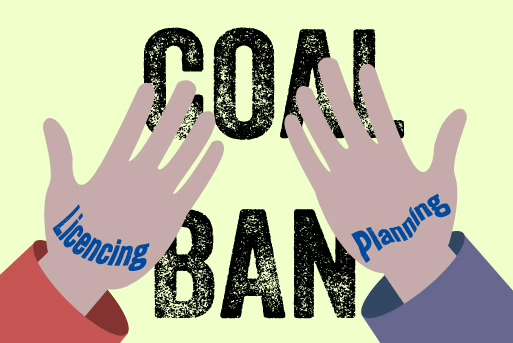
The UK Government launched a consultation on a limited review of the National Planning Policy Framework (NPPF) for 8 weeks from 30 July to 24 September 2024. The NPPF is an influential document that shapes planning decisions and priorities across England. It is periodically updated by the Government, following a public consultation…
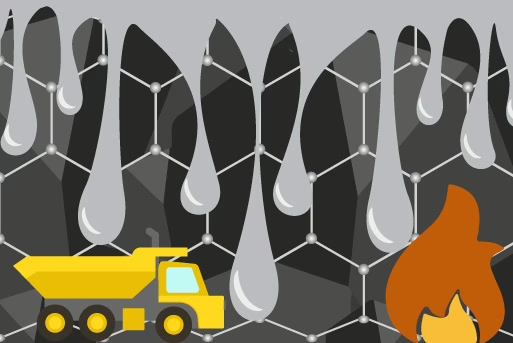
Bryn Bach Coal Ltd attempts to present the anthracite coal it wishes to extract from an expansion of Glan Lash as a unique and scarce commodity that is needed for water filtration, bricks, and graphite, and would therefore be too valuable to burn. Yet, visiting Energybuild Ltd’s…
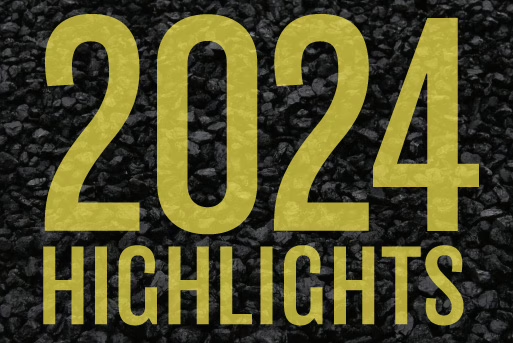
Over the past year, we’ve secured some massive victories. By taking part in our digital actions, supporters sent over 26,000 messages to the UK Government, MPs, Welsh Senedd members, Councillors, and companies to help consign coal to the history books in the UK…
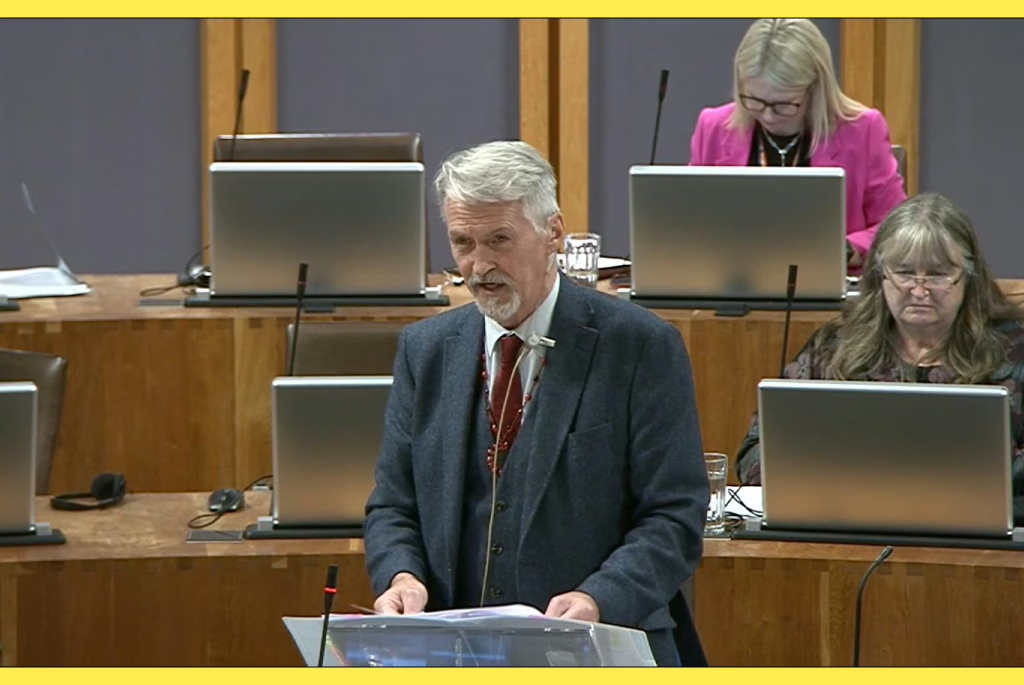
The Disused Mine and Quarry Tips (Wales) Bill (‘the Bill’) was prompted by a series of coal tip landslides that occurred in Wales following storms’ Ciara and Dennis in 2020, including a major landslide of a disused coal tip in Tylorstown…
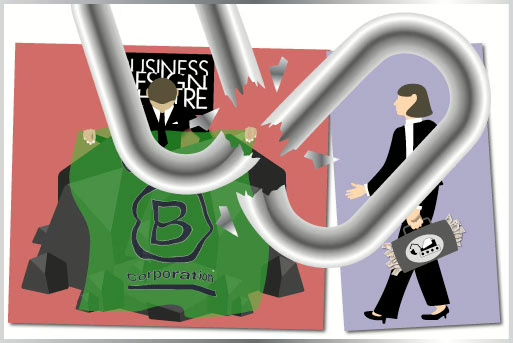
As B Labs doesn’t seem bothered was the public says, we asked supporters to contact other B Corps – who are effectively B Labs customers. Almost 20,000 emails were sent to over 60 B Corp status companies, asking them to take a stand with us…
It is very important to prevent further damage to health when making coal tips safe. This is important for the workers employed to arry out the job, and for people living nearby, who have already suffered enough from the coal industry.